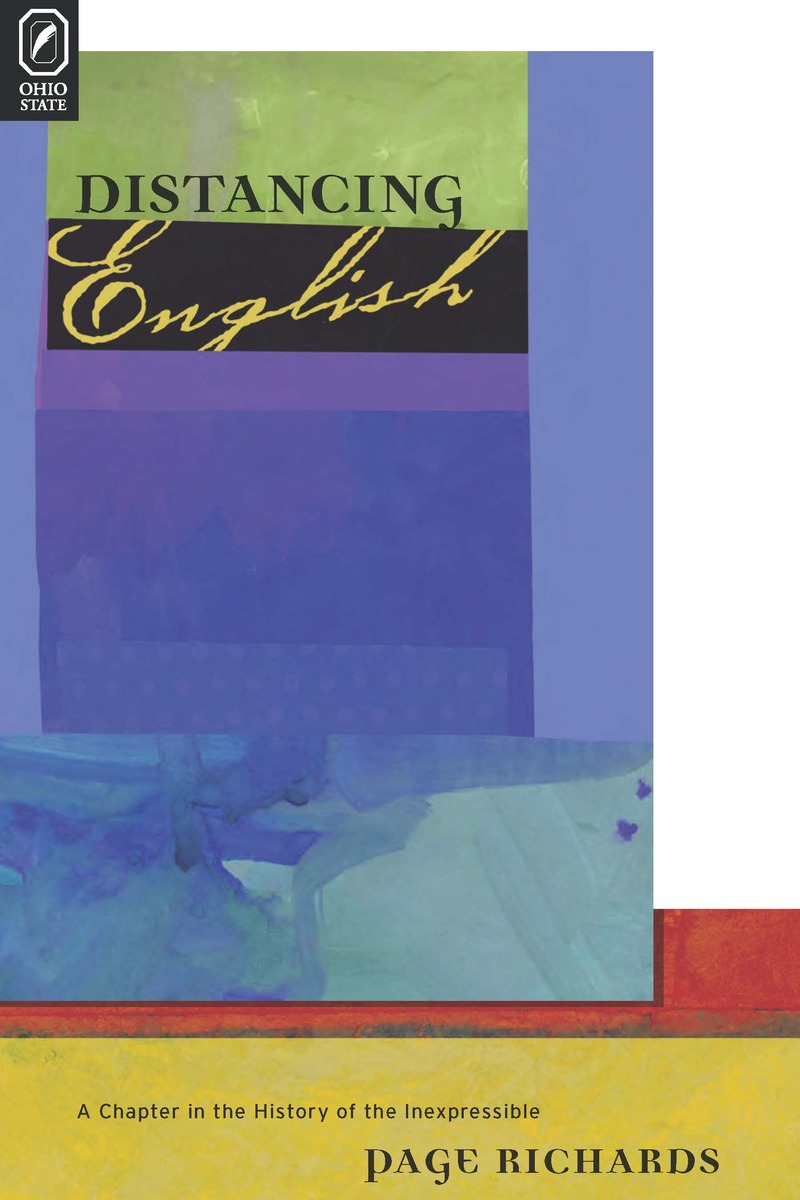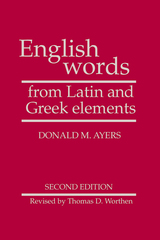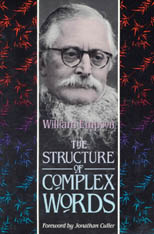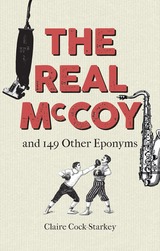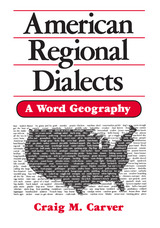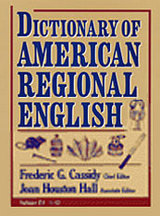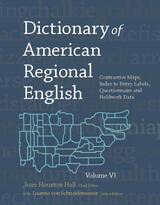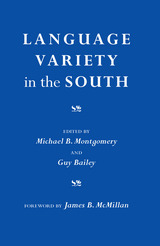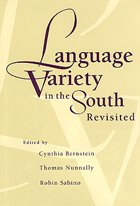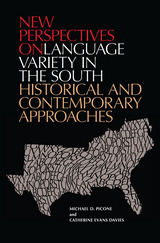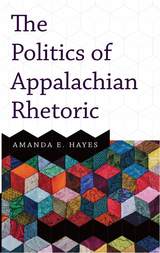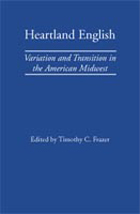Distancing English: A Chapter in the History of the Inexpressible
The Ohio State University Press, 2009
Paper: 978-0-8142-5680-0 | Cloth: 978-0-8142-0741-3 | eISBN: 978-0-8142-7984-7
Library of Congress Classification PE2809.R53 2009
Dewey Decimal Classification 427.973
Paper: 978-0-8142-5680-0 | Cloth: 978-0-8142-0741-3 | eISBN: 978-0-8142-7984-7
Library of Congress Classification PE2809.R53 2009
Dewey Decimal Classification 427.973
ABOUT THIS BOOK | AUTHOR BIOGRAPHY | REVIEWS | TOC
ABOUT THIS BOOK
How did fears of cultural inadequacy play out in the English language after American independence and the War of 1812? Like many of his nineteenth-century contemporaries, essayist Walter Channing suggests that the country’s perceived deficiency in literature is due to a crucial overlap with England, that is, having “the same language with a nation, totally unlike it in almost every relation.” In Distancing English, Page Richards shows how these concerns of language are historically interwoven with the inexpressible.
Often overlooked, the topos of the inexpressible redirects the ventriloquism of the English language. From its beginning, this topos combines the hyperbole of high expectations with the failure of inadequate words. In Charles Brockden Brown or George Tucker, it can register deficiency of “character” on and off the page, establishing important strategies of decenteredness also associated with modernism.
In writers such as Nathaniel Hawthorne, Wallace Stevens, and John Berryman, the inexpressible seizes advantage from disadvantage. It runs through literary framing strategies and flexible shaggy dog humor. An opening to the 1855 Leaves of Grass, Walt Whitman’s Preface remaps the topos andemerges as a distinguished moment in the articulation of the inexpressible.
See other books on: Chapter | English language | Foreign influences | Inexpressible | Literature and society
See other titles from The Ohio State University Press
